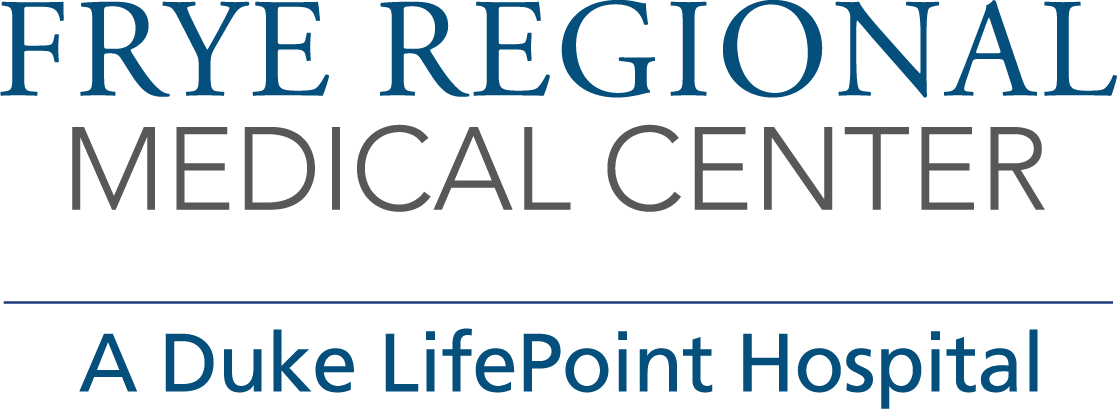Resources
What to Bring to the ER
-
-
- Contact telephone numbers of those you wish to be contacted regarding your condition
- Garments of choice if you prefer not to wear a hospital gown
- List of medications you were taking prior to admission
- Non-skid slippers
- Personal hygiene items (the hospital will provide a toothbrush, tooth paste, lotion and a bar of soap, but you may prefer your own from home)
- Reading materials
-
To help you prepare for a medical emergency, you may want to consider keeping an information card in your purse or wallet. The card should include things like:
-
-
- Advance directives (like Power of Attorney and Health Care Proxy)
- A list of your medications and drug allergies
- The name and number of your primary care doctor
-
When we know all the facts, we can deliver safer, faster care.
Helpful EMS links
Recognize Emergency Symptoms
Two of the most common life-threatening emergencies are heart attacks and strokes. Timely treatment is crucial!
Remember: Call 9-1-1
If you believe you are experiencing a medical emergency, calling 9-1-1 is almost always the fastest way to get lifesaving treatment. EMS staff are trained to revive someone whose heart has stopped. It is best to call EMS for rapid transport to the emergency room.
TAKE A HEART HEALTH RISK ASSESSMENT Take a Stroke Health Risk Assessment
